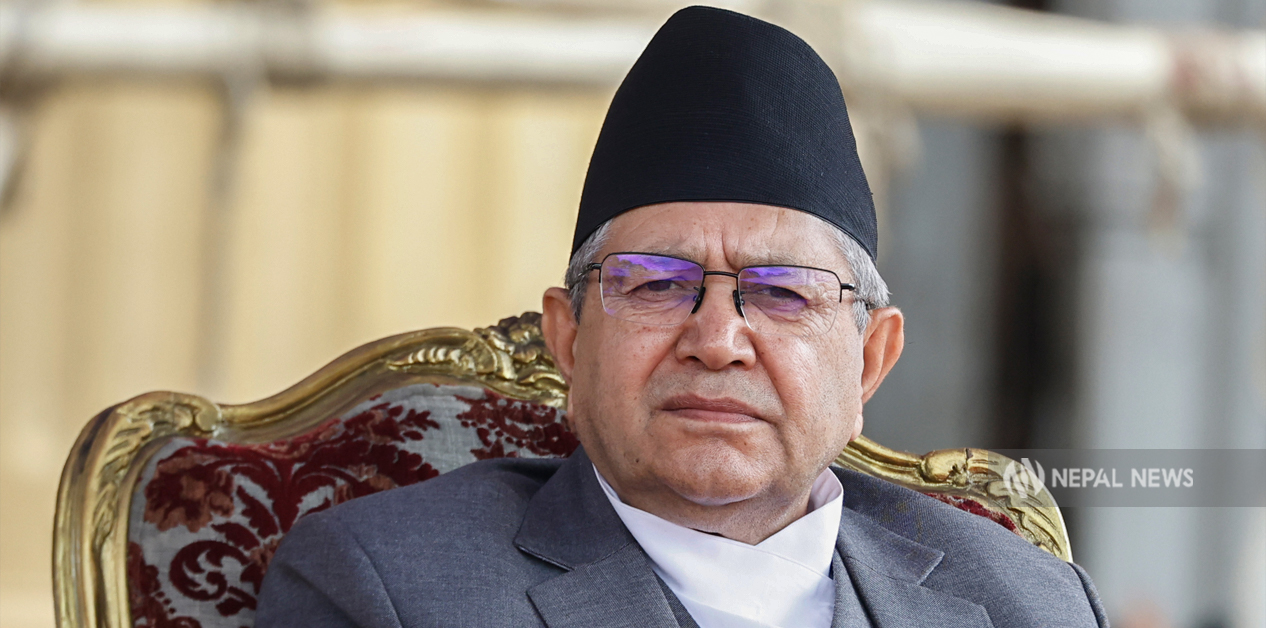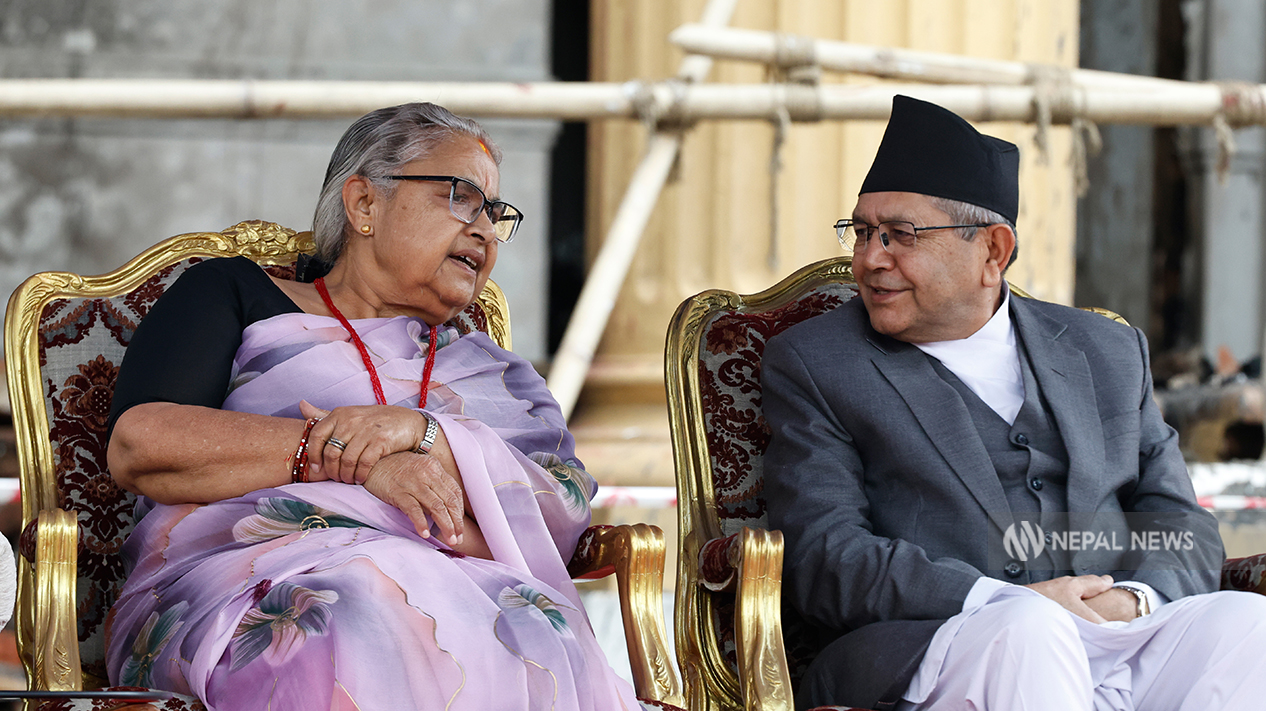

Clouds of uncertainty are currently swirling in Nepal’s political sky, and it feels as if their shadow is attempting to cover the entire democracy. In the backdrop of the Generation Z (Gen Z) movement toppling the then-government, forming an interim government, and dissolving the House of Representatives (HoR), Speaker Devraj Ghimire’s role has appeared controversial and unseemly. He has been going around discussing the agenda of reinstating the House of Representatives with political parties.
On October 15, he even invited party representatives to discuss this matter. Moreover, on October 16, he called former Attorney Generals to seek advice and suggestions on the possibility of personally taking a writ to the Supreme Court.
From this, it appears that he disrespects the youth movement and is against the achievements gained from their sacrifice. The question mark over his impartiality is obvious.
Before discussing further, let’s first understand the role of the Speaker. According to the Constitution, the Speaker is the guardian and conductor of the Parliament. His main responsibility is to conduct parliamentary sessions impartially, maintain balance among parties, and advance debates democratically. The Speaker is not a spokesperson for any party; he is an impartial referee. According to the Constitution, he must renounce his party upon assuming the position and remain free from political prejudice. This role is so important that it makes the Parliament a true platform representing the people.
The requirement for the Speaker’s role to be impartial is not just theoretical but practical as well. If the Speaker campaigns with the agenda of one party, the dignity of the Parliament will be completely destroyed. Furthermore, the Speaker’s role is not a tool for personal ambition; it is a national responsibility.
Now, let’s examine Speaker Ghimire’s role in the current situation. Recently, he discussed the reinstatement of the House of Representatives with major political parties. This step might seem democratic on the surface, but a deeper look reveals it to be a violation of impartiality. The Speaker’s position remains intact even after the dissolution of the HoR. Using the position of the nation’s fifth-highest official in the order of precedence to run a campaign for reinstatement means he is appearing on the field as a political player.
However, it was the youth who took to the streets and brought about the dissolution of the House of Representatives and the announcement of new elections. By putting forward the agenda of reinstating the very same House of Representatives, the Speaker has struck at the core spirit of the Gen Z movement. The protestors had demanded a fresh mandate and good governance. However, this action by the Speaker has undervalued the youth’s revolution and weakens democracy itself. If the Speaker were impartial, he should have respected the movement and created an environment for new elections.

Speaker Devraj Ghimire, along with Prime Minister Sushila Karki, at the swearing-in ceremony of newly appointed ministers on September 22. Photo: Bikram Rai/Nepal News
An even more controversial issue is the Speaker’s absence at the swearing-in ceremony of Interim Prime Minister Sushila Karki. Speaker Ghimire was not present at the ceremony where former Chief Justice Karki was sworn in as the Interim Prime Minister. The Speaker represents a national institution, whose other mandate is to demonstrate unity by attending important state ceremonies. Therefore, by boycotting this ceremony, the Speaker had already signaled that he would not grant legitimacy to the interim government.
Ghimire was elected to the House of Representatives on behalf of the CPN (UML). After becoming Speaker, there was an expectation that he would shed his party jacket and play an impartial role. However, even when the House of Representatives was alive, his role appeared to be prejudiced. Questions were repeatedly raised about the impartiality of Ghimire, who was responsible for conducting the house, debating bills, and maintaining balance among the parties.
Even now, UML Chairman KP Oli is challenging the Gen Z movement, and Speaker Ghimire is following in his footsteps. Ghimire’s activities have complicated the transition period of democracy and added fuel to the fire of distrust.
Looking at international practices, the Speaker’s role is always neutral.
The role of the Speaker of the House of Commons in the UK, considered the mother of the parliamentary system, is an excellent example of impartiality. There, the Speaker renounces the party upon assuming office and remains free from political prejudice. Even during the dissolution of Parliament, the Speaker remains impartial and preserves the dignity of the Parliament. For instance, Speaker John Simon Bercow maintained impartiality during crises like Brexit. There is no practice elsewhere where the Speaker runs a political campaign after the dissolution of Parliament.
Now, if the Speaker is to be made impartial, the constitutional provisions must be strengthened. The practice of complete separation from the party after taking office must be implemented in behavior and work style. If Ghimire wants to save his reputation, he should honor the achievements gained from the movement and initiate efforts to find a solution through new elections. Otherwise, history will continue to question him.